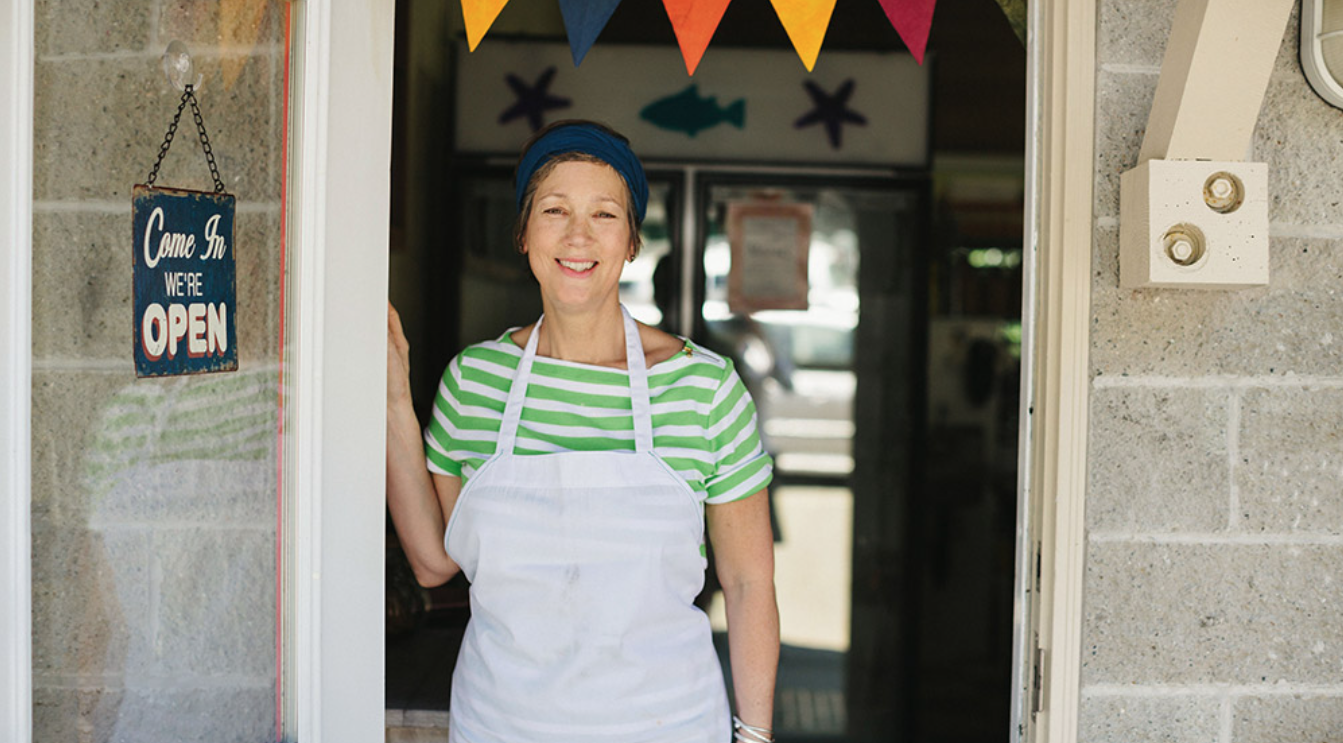
How to live greatly by avoiding identity loss in retirement.
It’s easy to think of retirement as the perfect escape. However, what would you think if we told you the switch to retirement can be difficult?
Fact Checked by
Matthew Schwartz, CFP®, CRPC®

The Golden Years might not be so Golden after all
Every day we have the opportunity to hear our clients’ dreams, as they prepare for retirement, to step away from a job and focus on the things that matter. Their family, their friends, and their goals. And with the steady pressure of a packed work schedule and deadlines, it’s easy to think of retirement as the perfect escape. However, what would you think if we told you the switch to retirement can be difficult?
Many retirees report feeling lost and purposeless shortly after they leave work. Without the purpose that work brings, they begin to wonder who they are, and what they should do. However, all is not lost. With good planning and some intentionality, retirement can be your next greatest adventure.
Work can (actually) be meaningful
Even with high pressure work can give a sense of purpose. Through your profession, you might have built fulfilling relationships with your clients. Or, you might be responsible for coaching your team to grow. Seeing impactful projects through to completion in a team or by yourself can be very fulfilling. And when some retirees leave the work environment, they leave behind helping others and accomplishing goals.
But beyond the benefit of helping others, work often creates strong social structures. Leaving the camaraderie of co-workers, studies have shown retirement can, unfortunately, decrease social interaction. And this loss of connection to a community can decrease life satisfaction and even make you less healthy. Dr. Doug Nemecek, a leading health insurance provider’s chief medical officer states, “..loneliness is comparable to smoking 15 cigarettes a day.”
Also, many studies have shown that without work stimulating your ability to think, retirement quickens cognitive decline. Work provides significant mental stimulation, and retirees often find it difficult to replace that level of challenge. A 2014 study showed that dementia rates were lower in those that decided to retire later rather than early.
So at this point, you might be wondering what you should do?
We aren’t saying don’t retire
It’s more about being intentional as you enter this next season. Take some time to dream about your retirement. What are the things you have been waiting your whole life to do? What are you wanting to learn? Who can you help?
Here’s a little exercise to get your juices flowing:
Get out a piece of paper. Quickly list 10 ideas of things you would like to do. Don’t think about how you’d do these things, just let your mind have some fun.
Then ask yourself these questions:
- What would haunt me if I left it undone?
- What would excite, but also scare me because it seems way out of reach?
- If I had no other responsibilities for 3 months, what would I love to tackle?
- When thinking about my talents, what would be some interesting ways to express them?
- What did someone else do that made me think, “Why didn’t I think of that?”
After you’ve taken some time to dream, share the most exciting and inspiring ideas with those close to you. Hear what they have to say.
If you’re struggling to come up with things that excite you, consider these options:
- You could continue working. If you love your job, don’t let the pressure of living a leisurely life force you out of something you love. In fact, delaying retirement by just one year can add up to 9% to your retirement income, as well as increase your Social Security benefits.
- You could work part-time. Depending on your profession, you could select work as a consultant or as a mentor for those entering your field. By staying in your field, you can feel the impact you’ve enjoyed and have more time for other things you love.
- Consider volunteer work. This can replace paid work to reduce cognitive decline and studies show that those who volunteer are healthier and feel happier. Your volunteer community can also provide you with a strong social structure that you might miss from your job.
Live your retirement by design, not by default
We believe retirement can be lived greatly. This means that you can live a new life of passion within the protection of financial freedom. Whatever you decide to do in retirement, it’s up to you to design it.
Remember, retirement is not the end. It’s a great new beginning.